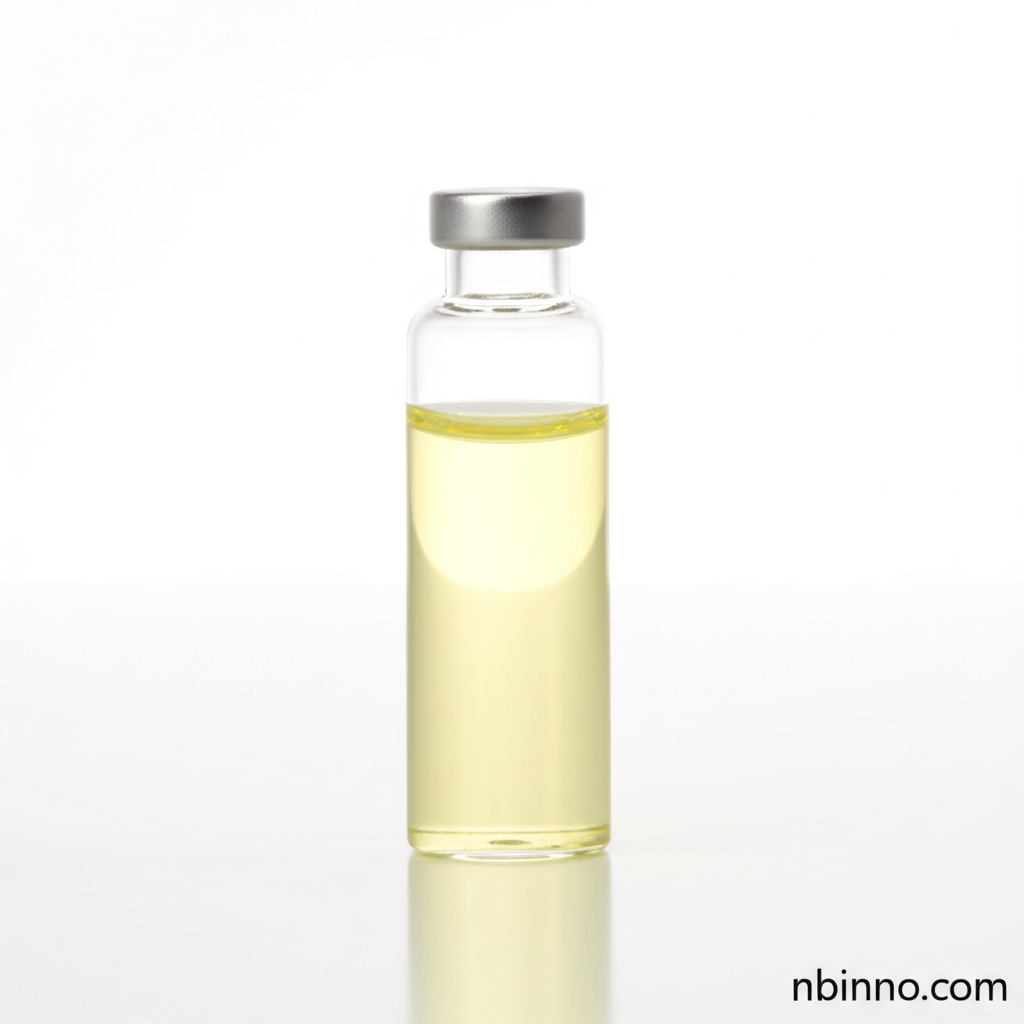2-Chloro-4-Fluorobenzyl Chloride: A Versatile Intermediate in Pharmaceutical and Agrochemical Synthesis
Essential building block for complex molecule synthesis, driving innovation in life sciences and material development.
Get a Quote & SampleProduct Core Value

2-Chloro-4-Fluorobenzyl Chloride
This specialized chemical compound, known as 2-chloro-1-(chloromethyl)-4-fluorobenzene, is a cornerstone in various synthesis processes, particularly for creating complex organic molecules. Its unique structure, featuring both chlorine and fluorine substituents, enhances its reactivity, making it an indispensable organic synthesis building block. Researchers and manufacturers rely on this compound for its consistent quality and the precise chemical transformations it enables, which are critical in the development of advanced materials and life-saving pharmaceuticals.
- Leveraging its role as a key pharmaceutical intermediate manufacturing component, this compound enables the creation of novel APIs.
- As a vital part of agrochemical production, it contributes to the development of effective crop protection solutions.
- Its utility as an organic synthesis building block allows for precise chemical transformations and the creation of diverse molecular structures.
- The compound's chemical properties make it invaluable for fluorine chemistry research, pushing the boundaries of material science.
Advantages Provided by the Product
High Purity and Consistency
Ensuring reliable outcomes in complex synthesis, this compound meets stringent quality specifications, crucial for pharmaceutical intermediate manufacturing.
Enhanced Reactivity
The strategic placement of chlorine and fluorine atoms makes it a highly reactive organic synthesis building block, ideal for fluorine chemistry research.
Versatile Application Range
From advanced agrochemical production to the development of specialty materials, its versatility supports diverse industrial needs.
Key Applications
Pharmaceutical Synthesis
A critical intermediate in the creation of active pharmaceutical ingredients, aiding the development of new therapeutic agents.
Agrochemicals
Used in the formulation of herbicides and insecticides, enhancing crop protection and yield, a key aspect of agrochemical production.
Material Science
Contributes to the development of specialty polymers and resins with improved thermal stability and chemical resistance.
Organic Chemistry
Serves as a reagent for exploring new chemical reactions and developing innovative compounds within the field of organic synthesis.
